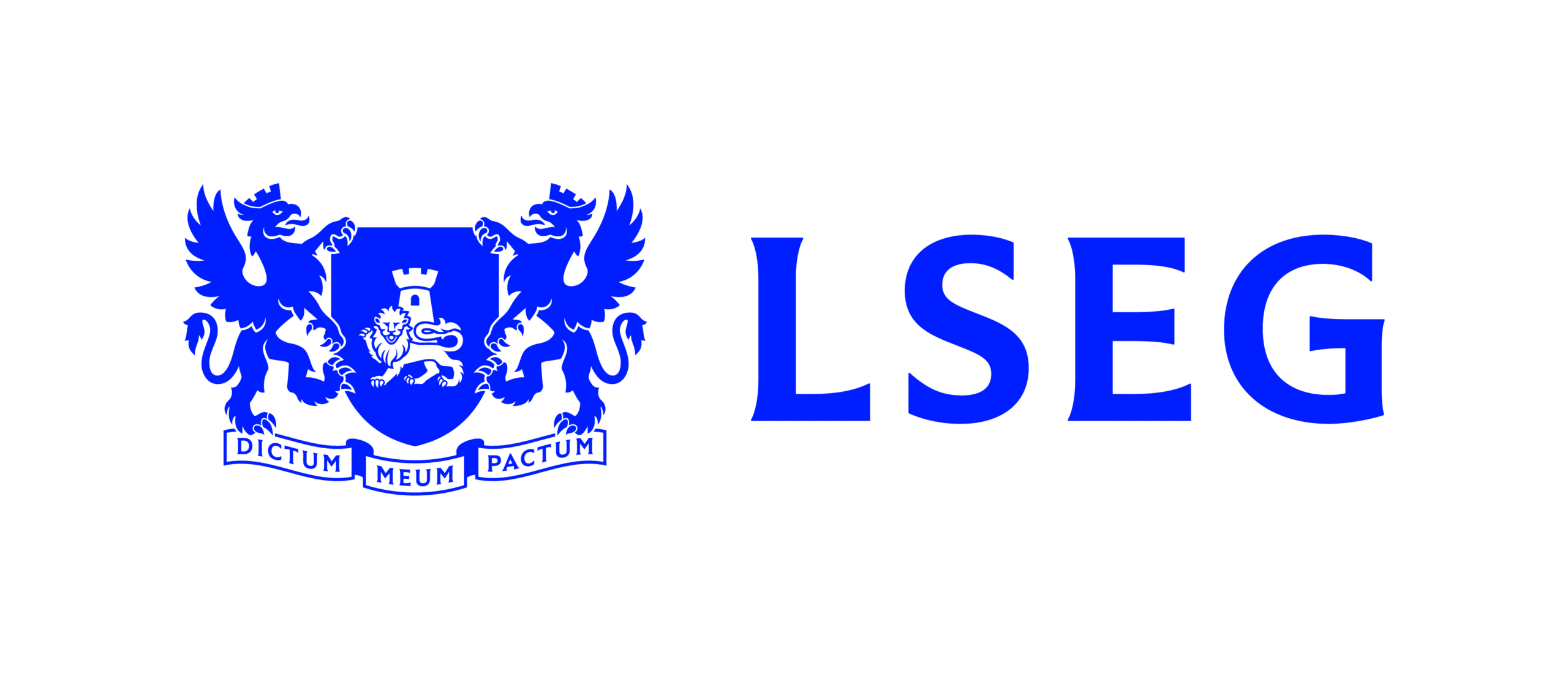With 2020 just around the corner, the Duality team looks back at 2019 and unveils its 2020 predictions for AI and data privacy.
2019: Data privacy becomes a top business priority
With GDPR implemented in May 2019 and lawmakers worldwide drafting and rolling out similar regulations, data privacy has become an even more important concern for organizations across industries in 2019. For Duality, a pioneer in privacy-preserving data science solutions, the heightened awareness of data privacy translated into strong market traction, including successful pilots with major financial institutions and a series of exciting recognitions:
- RSAC Innovation Sandbox Top 2 Finalist: The world’s largest infosec conference selected Duality as a runner-up in its Innovation Sandbox Contest, recognizing that secure data collaboration is crucial in a data-driven world.
- Gartner Cool Vendor: Gartner named Duality a ‘Cool Vendor in Privacy-Preserving Analytics.’ Our nomination isn’t the only cool thing about this: Gartner also created a new ‘privacy-preserving analytics’ category and began monitoring the space closely to offer better consulting services in the wake of the growing market interest.
- Series A Funding: We closed a $16 M Series A round of funding, led by Intel Capital and joined by Hearst Ventures and existing investor Team8. We are excited at having these industry leaders back our team, technology and vision for privacy-preserving data collaboration.
2020 predictions: New tech to make the data economy safer
Will the world become a privacy-safer place in 2020? We look at technology and how it will shape the privacy landscape in 2020:
- Collective action will become the new cybersecurity paradigm: As cybercrime becomes increasingly sophisticated, enterprises now understand that sharing information on threats and suspects is key to better protection. While privacy regulations, confidentiality and competitiveness concerns have long posed huge barriers to collective intelligence, privacy-enhancing technologies such as homomorphic encryption now allow enterprises to confidentially query sensitive third-party repositories and share insights without privacy or confidentiality risks. Collective analytics approaches are also currently being evaluated, with promising results, for anti-money laundering and financial crime investigations.
- Policymakers will recognize privacy-enhancing technologies as key enablers for a sustainable data economy: Privacy regulations, while protecting individuals’ data rights, have become major obstacles to data collaborations in regulated industries such as financial services and healthcare, potentially hindering financial crime investigations or medical multi-center studies. In 2020, we will see pervasive regulatory and legislative initiatives encouraging the use of privacy-enhancing technologies to enable organizations in regulated industries to collaborate on their data.
- Facial recognition could soon become a safer technology: Originally developed to improve public security and personal safety, facial recognition has recently earned harsh criticism for the potentially privacy-invasive applications it can power. The good news comes from world-leading cryptographers who report that privacy-preserving methods for computationally intense facial recognition tech will become a reality in 2020.
- In 2020 we will see increasing deployments of privacy-enhancing technologies for a wide variety of analytics and collaboration use cases.
One doesn’t need a crystal ball nor predictive analytics to know that in 2020, data privacy will continue to be fiercely debated in the media, legislative bodies and courtrooms. At Duality, we are excited that our Duality platform based on homomorphic encryption technology, will continue to power a privacy-protected data economy.
Stay tuned for exciting news and subscribe to our newsletter!

















